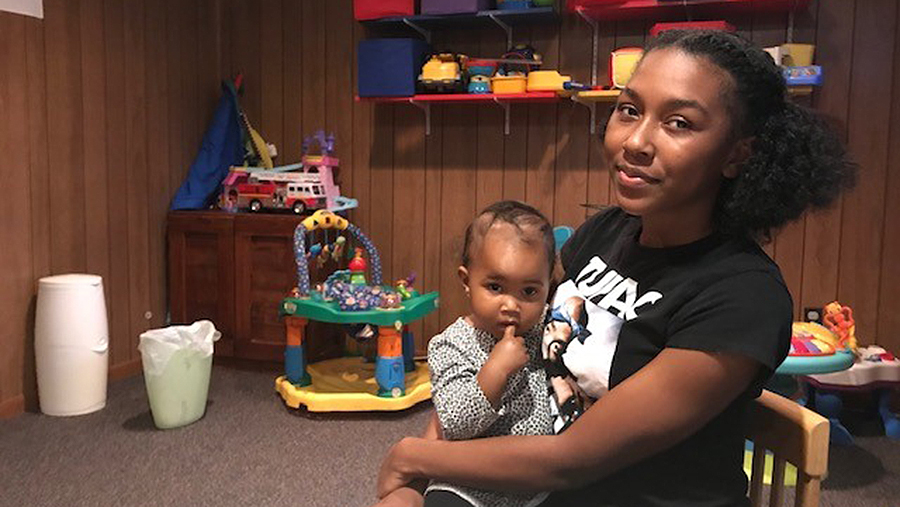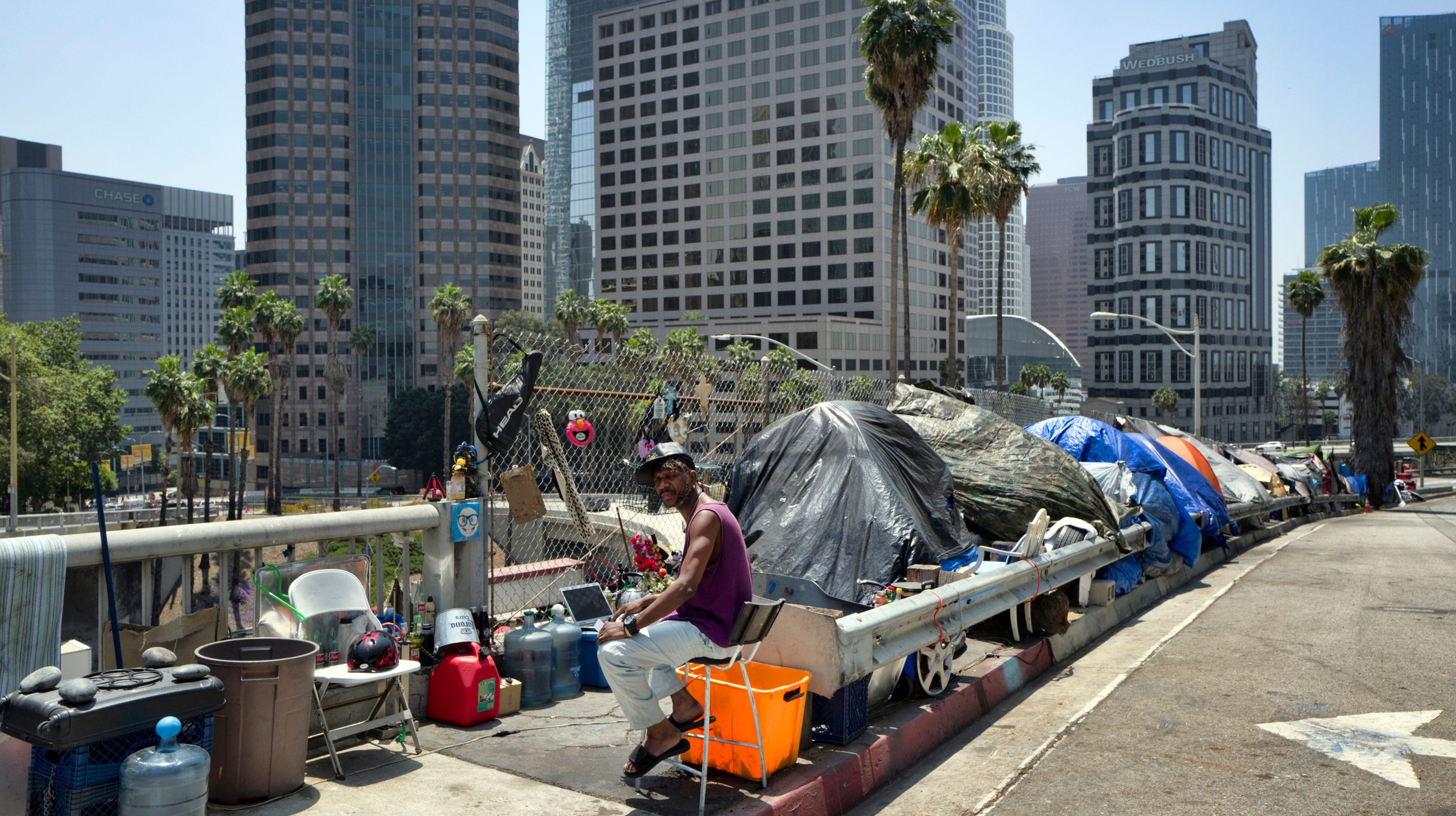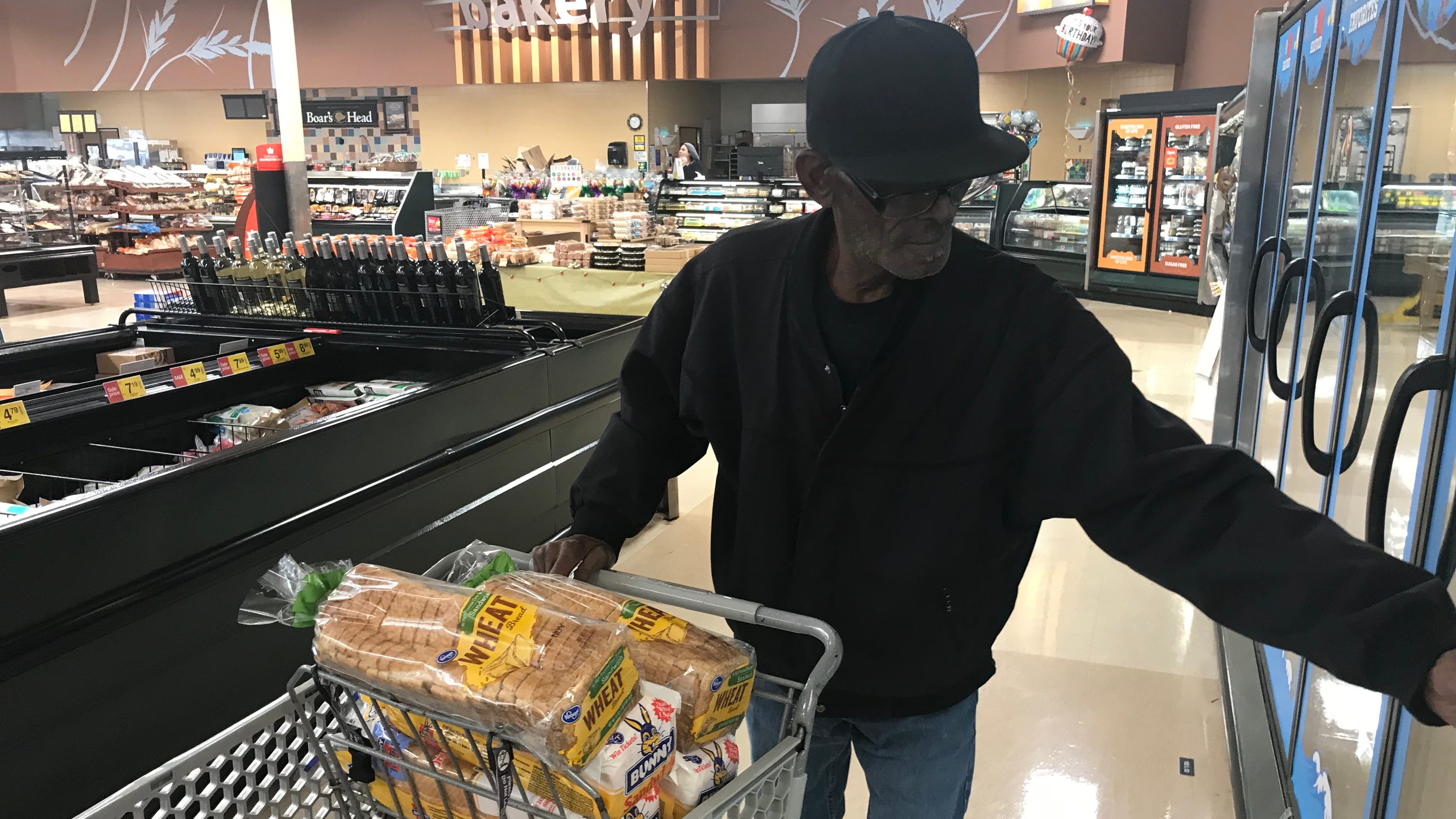Walter Stokely is a public defender in Kansas City, Missouri, who says he has too many cases to effectively represent his clients. John Picerno was driven out of the system and is now a successful attorney.
Missouri’s poor public defender system leaves people in jail for years waiting to go to court. A Kansas City Star project investigated conditions in the indigent defense offices and courts of the state.
Two states this year passed laws to fight youth homelessness.
Trump administration officials appear poised to release a new homelessness strategy, which has California officials wary and poised for battle.
Neighborhoods with higher poverty rates face many challenges, including lower educational attainment, greater reliance on public assistance, and higher rates of people who are uninsured.
Despite Kentucky’s efforts to improve the child welfare system, fewer Kentucky kids removed from their home because of abuse or neglect are being reunited with their families, a new study finds.
Some new Chicago parents will now receive free visits by nurses at home three weeks after a baby is born.
About 50,000 Cook County residents who receive food stamps are going to have to find jobs next year — or risk losing their benefits. Starting Jan. 1, food stamp recipients in Cook County who are able-bodied, under the age of 50 and not living with children or other dependents will be restricted to three months of food assistance in a three-year period unless they work at least 30 hours a week.
Residents in Elliot Park say healthy, affordable food is hard to come by in their neighborhood.
Mobile and farmers markets are among the cream of the crop when it comes to increasing fruit and vegetable consumption in low-income comm…
Area residents are finding alternate ways to shop for food at grocery stores amid food desert in Franklin.
From 2016 to 2019, millions flowed into communities that have not qualified for the HUBZone program since 2013.
Low-income students are only half as likely to graduate from college as their more affluent peers even when they attended top suburban high schools, according to Globe analysis of first-of-its-kind state education data.











